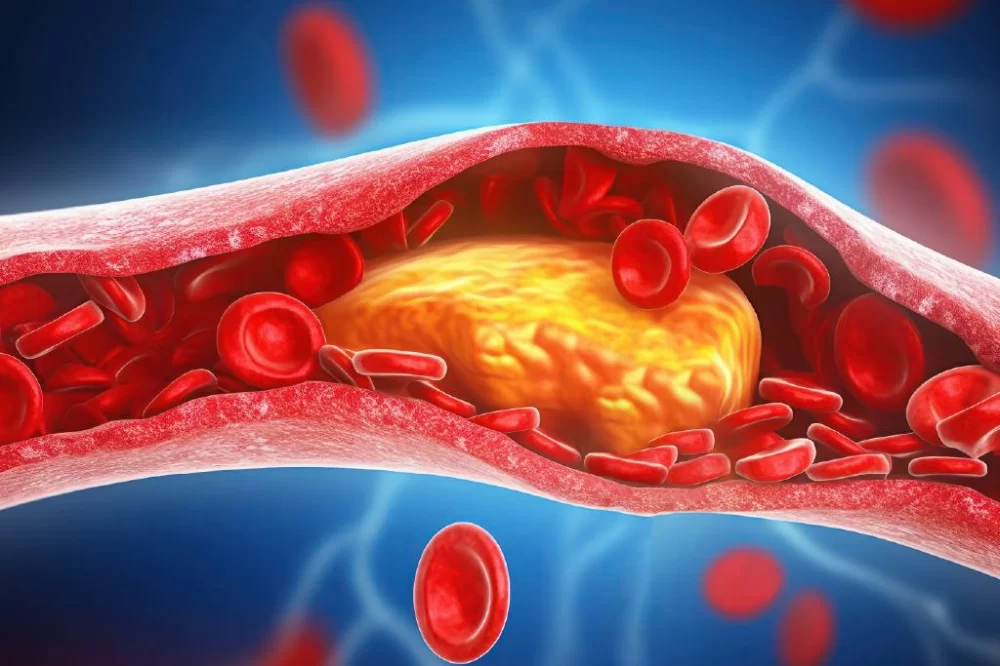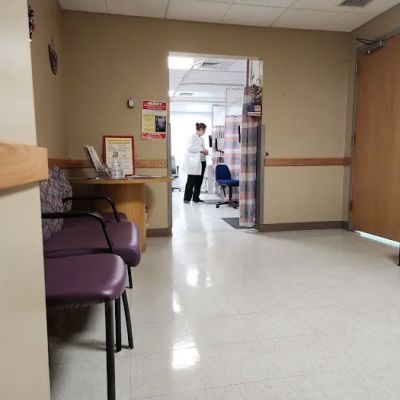Identifying Early Symptoms of High Cholesterol: What You Need to Know
- What is High Cholesterol?
- Why Early Detection Matters
- Common Warning Signs of High Cholesterol
- Hidden Symptoms You Shouldn’t Ignore
- Risk Factors and Prevention
- When to See a Doctor
What is High Cholesterol?
Cholesterol is a fatty substance that your body needs in small amounts, but when levels get too high, it can lead to serious health problems. High cholesterol occurs when excess low-density lipoprotein (LDL) builds up in the arteries, increasing the risk of heart disease, stroke, and other complications.
Unlike other conditions that come with obvious symptoms, high cholesterol often develops silently, making early detection crucial for preventing long-term damage.

Why Early Detection Matters
Many people are unaware they have high cholesterol until they experience a major health event, such as a heart attack or stroke. Identifying high cholesterol early can help you make lifestyle changes, seek medical advice, and prevent serious complications.
Routine check-ups and cholesterol screenings are essential, especially if you have a family history of heart disease or other risk factors.
Dr. Timothy Carter, MD
1111 montauk highway west islip ny
1111 Montauk Hwy Suite 3-3, West Islip, NY 11795, USA

Common Warning Signs of High Cholesterol
1. Yellowish Deposits on the Skin (Xanthomas)
One visible sign of high cholesterol is xanthomas, which appear as yellowish fatty deposits around the eyes, elbows, knees, or hands. These growths are often painless but can indicate dangerously high cholesterol levels.
2. Chest Pain and Shortness of Breath
High cholesterol contributes to plaque buildup in the arteries, restricting blood flow. This can lead to chest pain (angina) and shortness of breath, particularly during physical activity. These symptoms should never be ignored, as they could signal an impending heart attack.
3. Numbness or Tingling in Extremities
Blocked arteries can reduce circulation to your arms and legs, causing numbness, tingling, or a cold sensation in your extremities. If you frequently experience these symptoms, it may be time to check your cholesterol levels.
Hidden Symptoms You Shouldn’t Ignore
1. Vision Problems
High cholesterol can lead to the accumulation of fatty deposits in the blood vessels of the eyes, causing blurred vision or even temporary vision loss. A routine eye exam may help detect early warning signs of cholesterol-related health issues.
2. Erectile Dysfunction
For men, high cholesterol can affect blood flow to the reproductive organs, leading to erectile dysfunction. This can be an early indicator of cardiovascular issues caused by high cholesterol levels.
3. Memory Problems
Poor circulation due to high cholesterol may impact brain function, leading to memory lapses or difficulty concentrating. While occasional forgetfulness is normal, persistent cognitive issues could be linked to cholesterol-related blockages in blood vessels supplying the brain.
Risk Factors and Prevention
Several factors contribute to high cholesterol, including:
- Poor diet high in saturated and trans fats
- Lack of physical activity
- Smoking and excessive alcohol consumption
- Genetic predisposition (family history of high cholesterol)
- Chronic conditions such as diabetes or hypothyroidism
How to Prevent High Cholesterol
Preventing high cholesterol involves a combination of lifestyle changes and regular health monitoring:
- Eat a heart-healthy diet: Focus on foods rich in fiber, healthy fats, and lean proteins while limiting processed and fried foods.
- Stay active: Engage in at least 150 minutes of moderate exercise per week.
- Quit smoking: Smoking damages blood vessels and raises LDL cholesterol levels.
- Maintain a healthy weight: Obesity increases the risk of high cholesterol and heart disease.
- Consider cholesterol-lowering supplements: Omega-3 fatty acids, niacin, and plant sterols can support healthy cholesterol levels.
When to See a Doctor
If you experience any of the symptoms mentioned above or have risk factors for high cholesterol, it's important to consult a healthcare provider. A simple blood test can measure your cholesterol levels and help determine the best course of action.
Early detection and proactive management can significantly reduce the risk of serious health complications.
Take Control of Your Cholesterol for a Healthier Future
Recognizing early symptoms of high cholesterol is key to preventing life-threatening conditions. Don’t wait for a serious event to take action—schedule a cholesterol test, adopt a heart-healthy lifestyle, and explore cholesterol-lowering solutions to safeguard your health.
Are you concerned about your cholesterol levels? Take the first step today by consulting a healthcare professional and making informed lifestyle choices.






















Cardiology Specialists Medical Group
399 e highland ave san bernardino ca 92404
399 E Highland Ave # 317, San Bernardino, CA 92404, USA